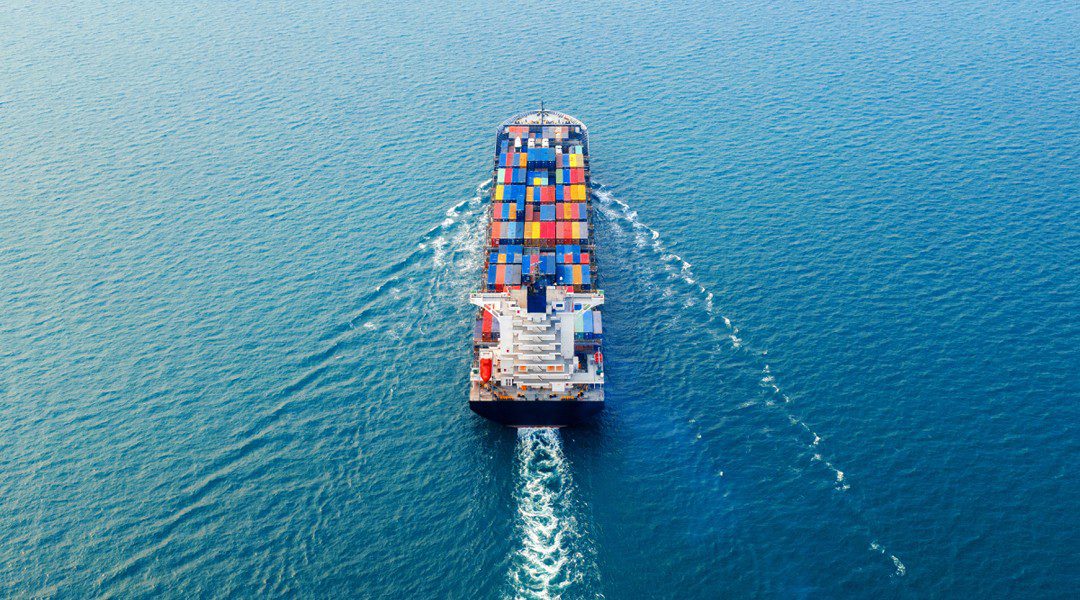Three fishing crew died off north Wales because their fishing boat, the Nicola Faith, was unstable and heavily loaded, according to a report from the Marine Accident Investigation Branch, published on June 22nd.
Jae Jones from the MAIB told BBC Radio Wales that a capsize was “almost inevitable”. Ross Ballantine, 39, Alan Minard, 20, and skipper Carl McGrath, 34, all died when their boat, the Nicola Faith, sank off the Conwy coast on January 27th 2021.
The investigation concluded that the boat sank too quickly for them to raise the alarm and the men were not wearing lifejackets. “A huge volume of catch onboard and retrieved pots… was equivalent to four family cars or two Range Rovers on the deck,” Mr Jones said, adding that “bearing in mind this boat is only 10 metres long… the capsize was almost inevitably going to happen.”
In the 12 months before the accident, Nicola Faith experienced at least two near capsizes caused by the loading condition of the vessel. One incident occurred when Nicola Faith was returning to port heavily laden with catch. The vessel rolled and bags of catch shifted to one side of the deck, causing it to list heavily. When it did not return to an upright position, the crew were forced to jettison bags of catch over the side to enable Nicola Faith to regain stability and safely return to port.
On another occasion, while at sea relocating gear, a large number of pots stacked on the deck fell over when Nicola Faith rolled. The listing vessel was forced to return to port at slow speed and the crew spent several hours untangling the pots and hundreds of metres of rope.
But even though the skipper had been on “stability awareness training, he prioritized the benefits of heavily loading the boat over the risk of capsize”, investigators said.
The report also concluded “the crew’s chance of survival was reduced by the vessel not being fitted with an Emergency Position Indicating Radio Beacon (EPIRB)”.
Andrew Moll, MAIB chief inspector, said: “Nicola Faith had been modified, and the modification had not been approved. Nonetheless, the vessel could have been operated safely with care.”
On the day of the accident, the crew were relocating their pots to a new area and were carrying a full day’s catch as well.
“The combined weight of the catch and fishing gear piled on deck was far more than the boat was designed to carry; it capsized, and all three crew were lost in that accident”, said Moll.
Nicola Faith had carried similar and heavier weight of catch previously without incident. On this occasion, the skipper was also moving multiple strings of pots to fresh grounds. The attempt to move four strings, having processed a significant catch volume that was then stacked on deck, not only added significant additional weight to the vessel but also
resulted in a cramped and dangerous workspace. The additional 2521kg of fishing
gear took the deck loading to more than a tonne over Nicola Faith’s previous highest landing total in recent times of 3436kg.
The skipper’s decision to relocate four strings of pots at the same time (2521kg) combined with the volume of catch (estimated as 2090kg) meant that Nicola Faith was probably carrying over 4.6t of catch and fishing gear on deck, and its already poor margin of positive stability had almost completely disappeared. Had the skipper restricted his loading to 1000kg, preferably stowed in the fish hold, Nicola Faith could have been operated within the Wolfson amber zone in calm seas, albeit with a low level of safety, the MAIB investigation concluded.
On the day of the accident, the boat had left its home port of Conwy at about 10:00 GMT, and was due back late evening to unload its catch of whelks.
Investigators retrieved the Nicola Faith’s inshore vessel monitoring system, which records its location, and which enabled them to conclude that it sank around 18:00.
It was the next morning before the crew were reported missing, sparking a large air and sea search, but nothing was found.
The men’s bodies washed up on the shore of north-west England six weeks later (IMN, March 8th 2021), and it was late May 2021 before the wreck of the Nicola Faith was located (IMN, May 25th 2021).
“There are important lessons about stability from this accident that must be understood and acted upon by all small fishing boat operators,” Mr Moll said, noting that “the first lesson is that modifications, unless properly planned, can significantly erode a vessel’s
margin of stability. It is essential that skippers know the limitations of their vessels, and that any modifications to the vessel or changes to fishing methods are properly assessed and approved before fishing resumes. The second lesson is that any vessel can become unstable if overloaded.”
The MAIB has issued a safety flyer to the fishing industry.
The Maritime and Coastguard Agency has published MSN 1871 Amendment No.2 (F) The Code of Practice for the Safety of Small Fishing Vessels of Less than 15m Length Overall, which includes the following requirements:






